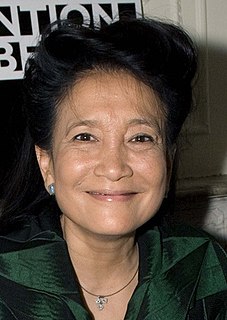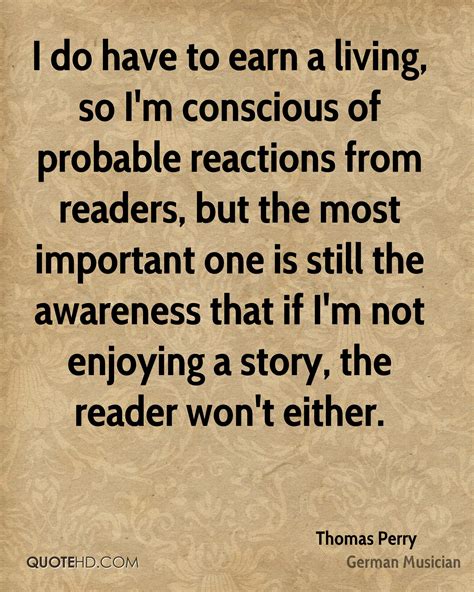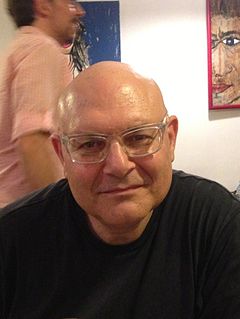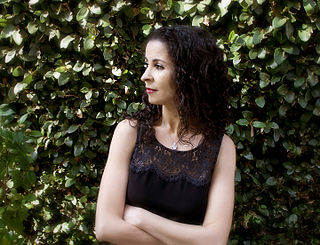A Quote by Evan Osnos
Chinese readers are buying books in translation, particularly non-fiction about China, in large numbers.
Related Quotes
The revolution of ideas that will save us is a revolution of goodwill, of compassion, and of higher thinking. I believe that they outnumber the people who would choose fear. But they are not a particularly politicized force. If you look at the numbers of people buying books about revolutions from within and personal transformation as the key to global change, the numbers add up to a much greater audience than most people realize.
The Chinese said of themselves several thousand years ago: China is a sea that salts all the waters that flow into it. Theres another Chinese saying about their country which is much more modernit dates only from the fourth century. This is the saying: The tail of China is large and will not be wagged. I like that one. The British democracy approves the principles of movable party heads and unwaggable national tails. It is due to the working of these important forces that I have the honour to be addressing you at this moment.
When I lived in China, there were no libraries. My mother bought books for me, and they were mostly the classics. I read 'Peter Pan,' 'The Secret Garden,' the 'Rosemary' books, and Kipling's 'Just So' Stories was one of my favorites. No, I didn't read historical fiction. It didn't exist where I was growing up in China.
General editors' preface The growth of translation studies as a separate discipline is a success story of the 1980s. The subject has developed in many parts of the world and is clearly destined to continue developing well into the twenty-first century. Translation studies brings together work in a wide variety of fields, including linguistics, literary study, history, anthropology, psychology, and economics. This series of books will reflect the breadth of work in translation studies and will enable readers to share in the exciting new developments that are taking place at the present time.

































